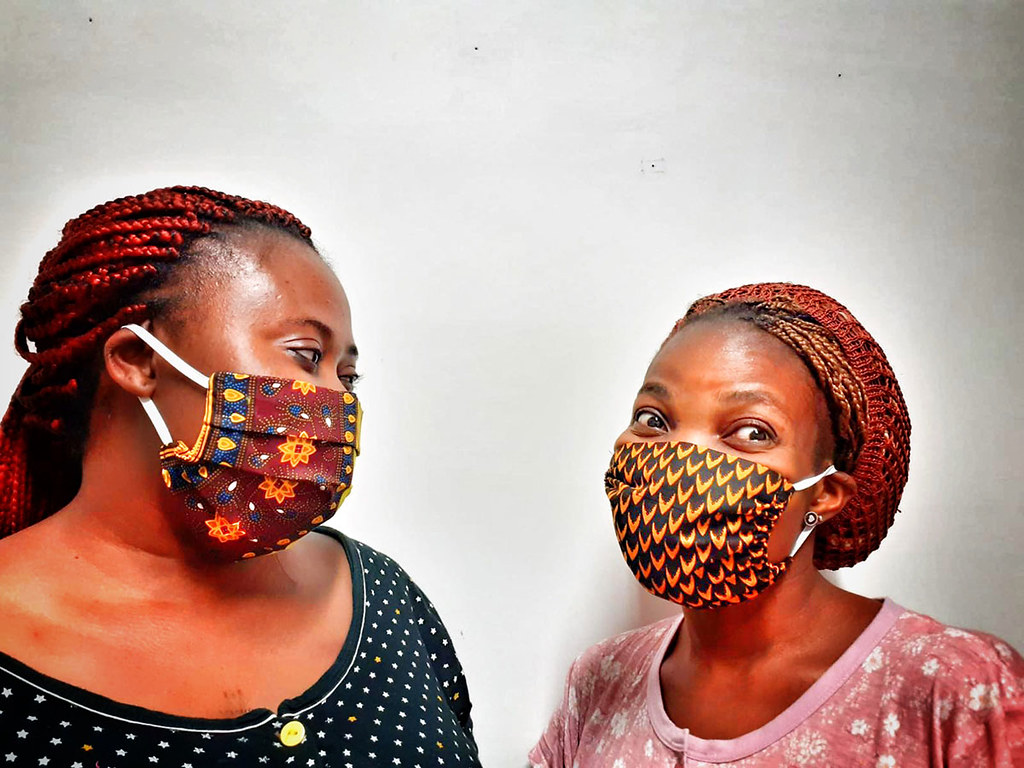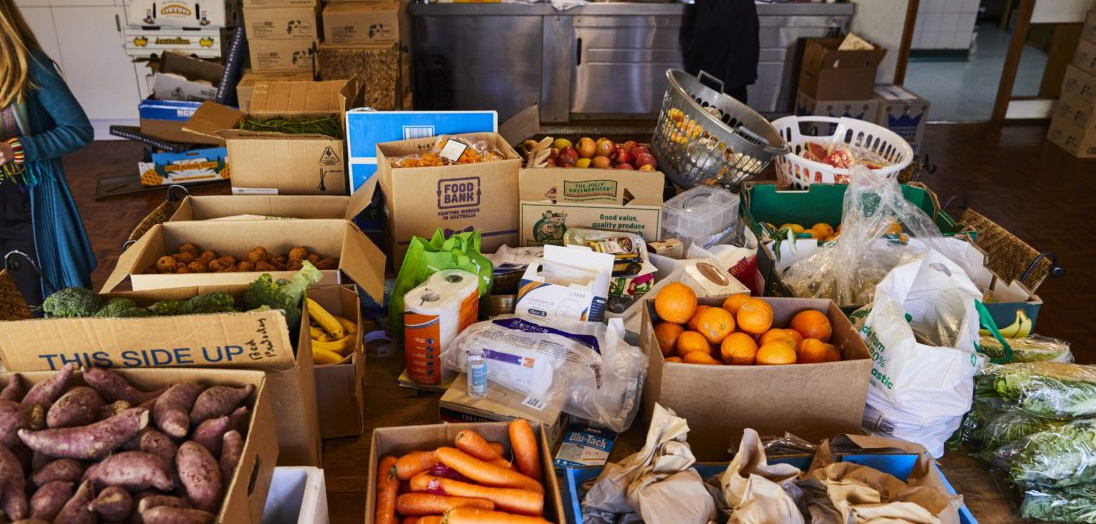JRS Australia makes submission to NSW Inquiry about early childhood healthcare
05 March 2024
JRS Australia makes submission to NSW Inquiry into early childhood healthcare
In March, JRS Australia made a submission to the New South Wales Government’s Committee on Social Services regarding the Committee’s inquiry into “Improving access to early childhood health and development checks.”
Our submission highlighted that the families we serve face unique barriers to accessing early childhood healthcare because of their background as refugees, people seeking asylum, or as migrants with unresolved visa status. Similarly, the families we serve also require tailored supports to assist them to navigate the healthcare system in Australia – supports that they do not always receive.
Overview
Due to many of our clients’ visa status, they are ineligible for the government-funded support that is available to Australian citizens and permanent residents. Rising cost of living pressures and a lack of access to safe, dignified and stable employment, has meant that many children in these demographics are falling through gaps in services, and are not afforded the psychosocial conditions that support healthy development.
We identified that these gaps in healthcare outcomes run contrary to the key priorities set out in the NSW Multicultural Policies and Services Program (MPSP) Framework and to our shared vision of “an inclusive, connected and socially cohesive multicultural NSW,” specifically:
- NSW Language Services: a lack of availability of interpreters and
linguistically-diverse health education materials limits accessibility of early
childhood health services. - Sector Capability: a lack of coordination between departments and community
organisations within the NSW healthcare sector means vulnerable children are not
provided with adequate safeguarding and wraparound psychosocial care. - Community Resilience: while children seeking asylum are not enabled with equal
access to public health resources, they are also left out of opportunities to be
welcomed in and contribute to the community, through childcare, parents groups,
school and employment. - A Shared Sense of Value: without access to healthcare, families seeking asylum or
with unresolved visa status are made to feel that they are not valued in the New
South Wales community, leading to a lack of trust in and disenfranchisement from
the healthcare system and other support services; and - Settlement: when children seeking asylum or with unresolved visa status are not
enabled with equal and consistent access to healthcare, they are not provided with
the psychosocial conditions to “thrive in place” over the long term.
Despite a NSW Health Policy Directive stating that people seeking asylum should have access to essential health services. and despite advocacy from NSW Refugee Health Service, in practice it is still very difficult for refugees and people seeking asylum to access their entitlements, and the services they are entitled to remain insufficient to afford true health and wellbeing.
Recommendations
In accordance with the United Nations Convention of the Rights of the Child (UNCRC), we advocate for children seeking asylum in New South Wales to have the right to access appropriate and adequate healthcare and to be able to thrive in their development, regardless of their visa conditions or residency status.
In light of our experience serving, advocating for and accompanying families seeking
asylum and with unresolved visa status as they navigate barriers to accessing healthcare
in New South Wales, we made the following recommendations to the inquiry:
- Health services and developmental checks be made accessible to all children in
New South Wales, regardless of visa status. - Enhanced coordination and collaboration pathways must be created between
NSW Health, the DCJ, and the community sector to enable higher quality, and
more accountable wraparound support for vulnerable children and families. - Tailored healthcare orientation sessions be made available to people on temporary
visas to ensure information outlining the Australian healthcare system and their
rights in relation thereto are clearly communicated, including to furnish parents
with information about the supports available to their children and themselves (for
example, fee waivers and subsidised or free services). - Frontline health workers must be supported with tailored training to ensure
understanding and practice of: (a) trauma-informed care (with a focus on the specific traumas experienced by refugees and people seeking asylum); (b) the use of interpreters; (c) managing cultural parenting dynamics; (d) identifying and assessing the specific healthcare concerns faced by children seeking asylum and/or with refugee backgrounds; (e) issues faced by women and children who have experienced domestic violence and gender based violence; (f) the application of the Directive; and (g) referring to services that are available to children seeking asylum and/or with refugee backgrounds. - The availability of interpreters, particularly female interpreters, must be increased
to support the provision of timely and effective healthcare services, and to reduce
barriers that deter families from linguistically-diverse backgrounds from seeking
care. - Long appointments should become the best-practice standard when dealing with
families seeking asylum and/or with refugee backgrounds, to account for the extra
time required to accommodate interpreter-use and to address the wider range of
vulnerabilities faced by children in this demographic.
Read our Submission in detail on the Inquiry’s webpage.


